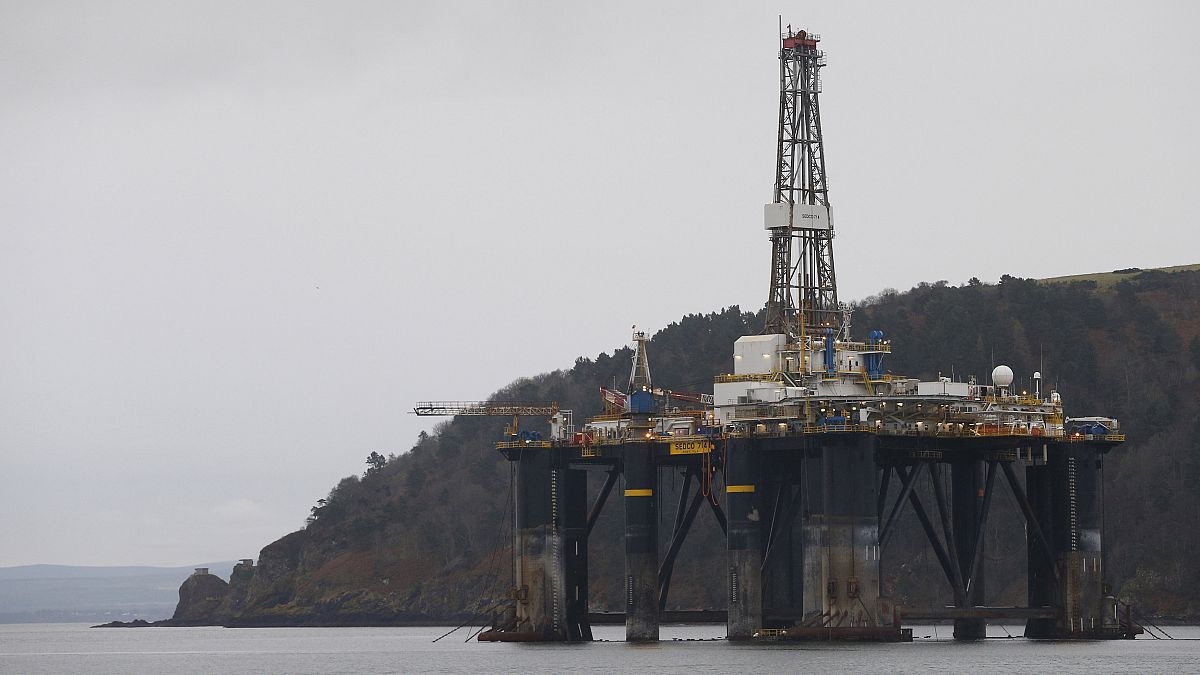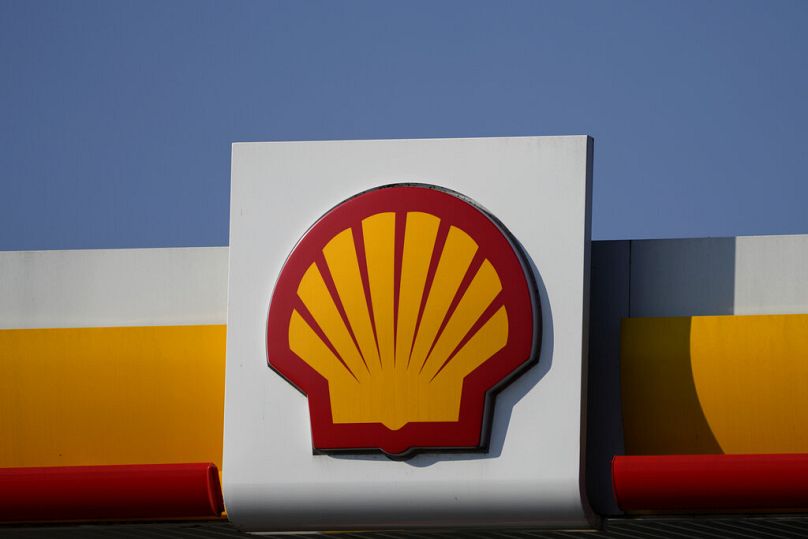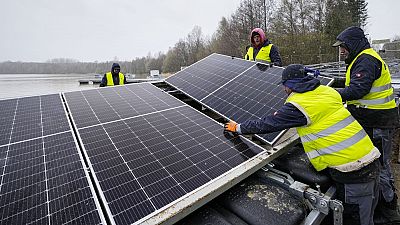The increase brings total taxes on the oil and gas sector in Britain to a rate of 75 per cent - among the highest in the world.
North Sea oil and gas producers hit back after Britain decided to raise a windfall tax on the sector. They warn the move risks jeopardising investment and could cut output just as Britain seeks to boost domestic production.
Earlier this month, Finance Minister Jeremy Hunt announced increases to the windfall tax on oil and gas companies as well as extending the levy to electricity producers.
The tax, which was extended from 2025 to 2028, allows firms to deduct investments in new oil and gas projects and some carbon reduction projects. It will bring total taxes on the oil and gas sector in Britain to a rate of 75 per cent - among the highest in the world.
It also introduces a new temporary 45 per cent tax on the excess profits of electricity producers during the same period.
Together these measures are expected to raise £14 billion (€16.2 billion) in 2023 and more than £55 billion (€63.5 billion) in total between 2022 and 2028.
Could a windfall tax stop investment in energy?
Hunt said in parliament that had "no objection to windfall taxes if they are genuinely about windfall profits caused by unexpected increases in energy prices."
"Any such tax should be temporary, not deter investment," he added.
But energy giants Shell and Equinor said they were evaluating their investment plans after last week's decision to raise the tax to 35 per cent from 25 per cent to help plug Britain's balance its budget.
Shell said it would review its €29 billion investment plans in Britain due to the tax, known as the Energy Profits Levy (EPL), and added it should provide incentives to address supply shortages as well as investments in renewables.
Norway's Equinor said the EPL "did not help investor confidence."
"Uncertainty makes it harder to take investment decisions, especially the uncertainty around the longevity of the EPL," Equinor said in a statement to Reuters.
The government was not immediately available for comment.
The UK is seeking to increase energy production
Britain is seeking to increase domestic energy production following the past year's price volatility in the wake of Russia's invasion of Ukraine.
Equinor is set to make a final investment decision on the Rosebank project in the North Sea, one of the largest developments in recent years, in the first quarter of 2023. The field is expected to produce 70,000 barrels of oil equivalent per day at its peak.
The Rosebank project is estimated to bring £26.8 billion (€30.9 billion) to the British economy through tax payments and investments, Equinor said.
Deirdre Michie, chief executive of industry body Offshore Energies UK said that North Sea production could drop in coming years without government support for further exploration.
"Our industry was planning to invest £200 billion (€231 billion) in the broader energy sector – this includes low-carbon solutions – by 2030," Michie said in a speech on Tuesday.
"But tax changes, such as the one announced on Thursday, really do jeopardise this and the onus is now on government to help build back investor confidence."
The EPL means some companies could shut down depleted fields earlier than planned because they become uneconomical, she said.





